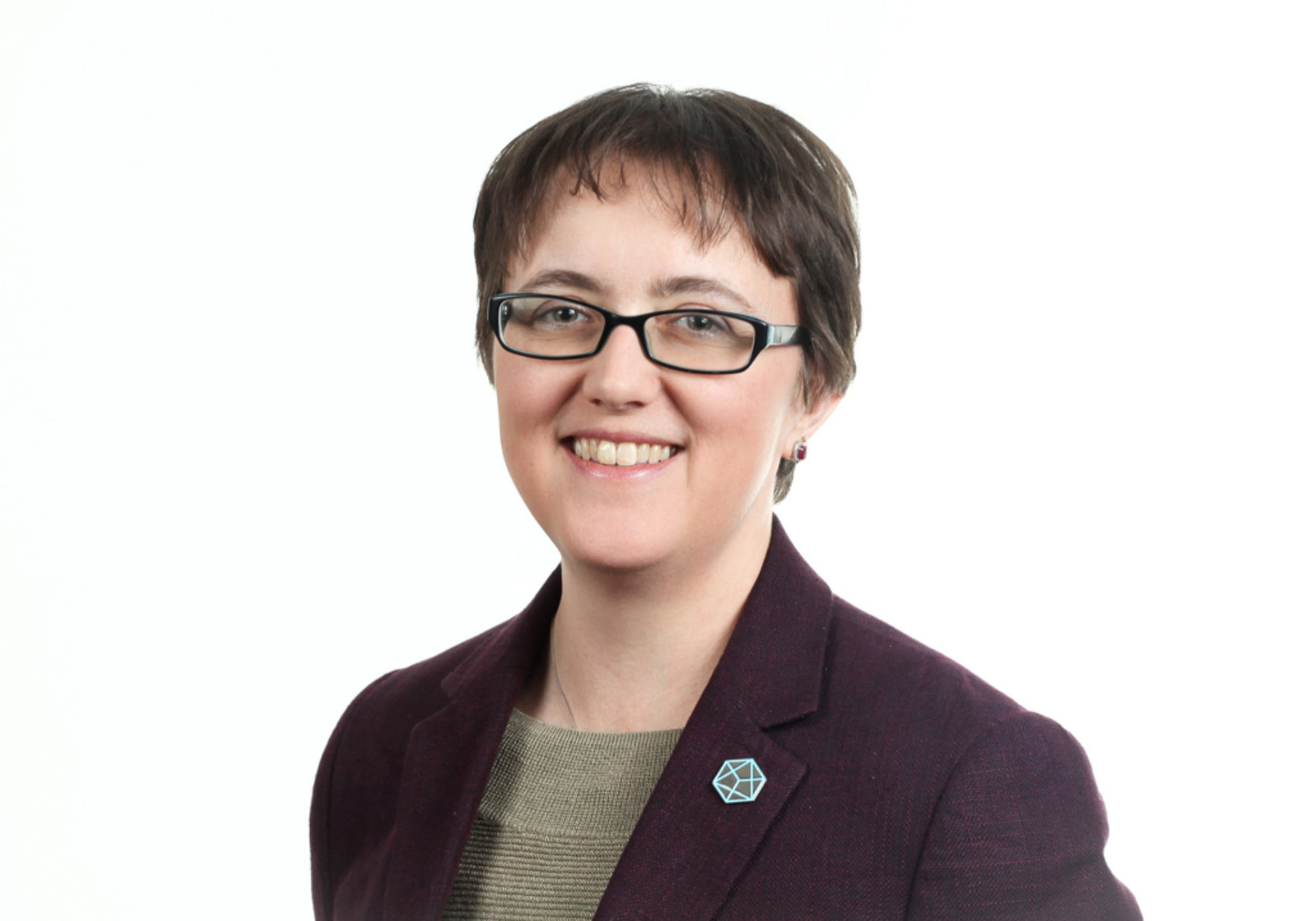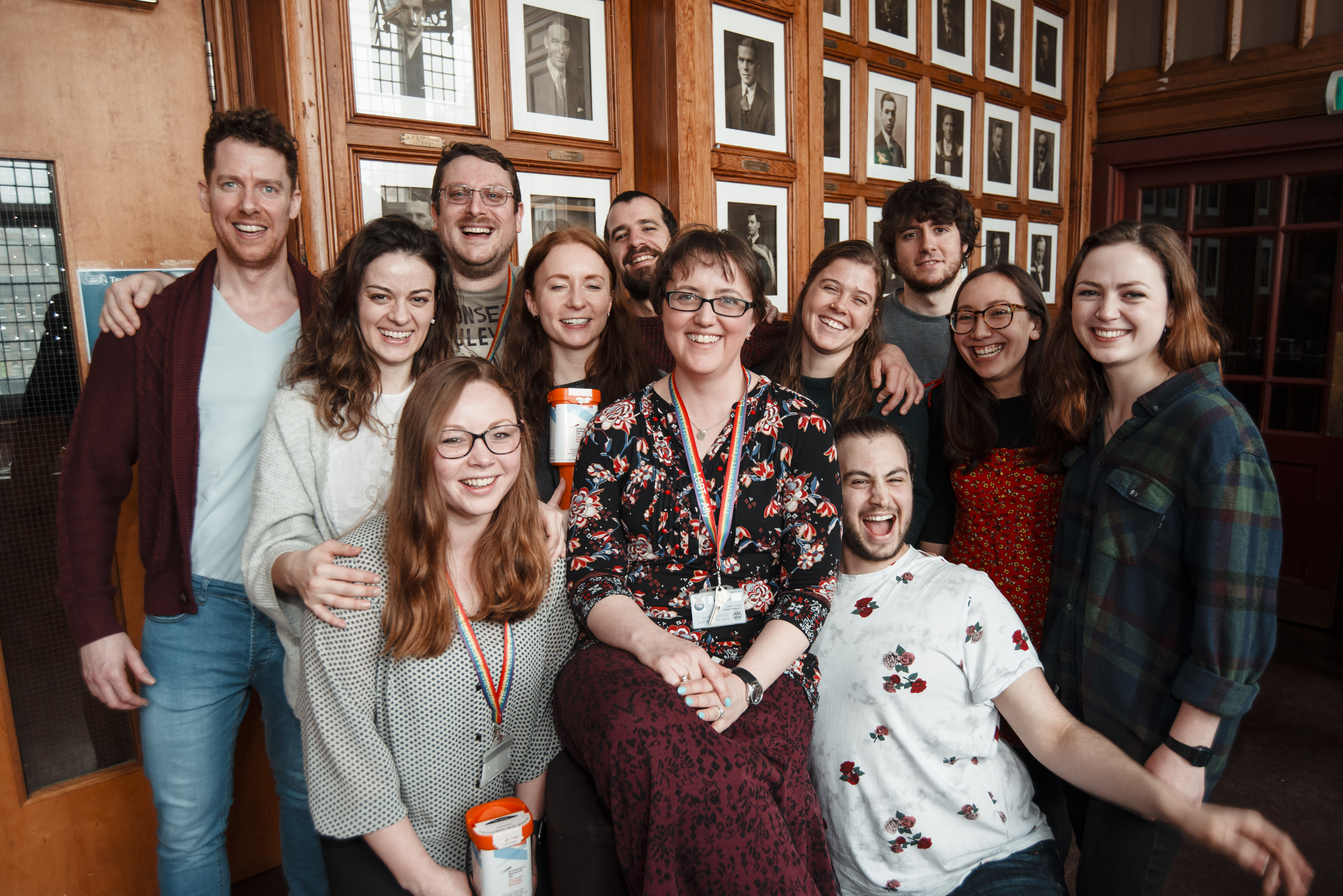Place your votes: BNA Council & Committee elections
22nd July 2024
15th Apr 2021
The British Neuroscience Association (BNA) is delighted to announce Tara Spires-Jones as our new President-Elect.
Professor Tara Spires-Jones is Personal Chair of Neurodegeneration and Deputy Director of the Centre for Discovery Brain Sciences and a group leader in the UK Dementia Research Institute at the University of Edinburgh.
Tara Spires-Jones’ research focuses on the mechanisms and reversibility of neurodegeneration in Alzheimer’s disease, other degenerative brain diseases, and ageing. Working with a vibrant group of researchers, she is trying to understand why synapses and neurons become dysfunctional and die in these diseases in order to develop effective therapeutic strategies. Her work has shown that soluble forms of the pathological proteins amyloid beta and tau contribute to synapse degeneration, and that lowering levels of these proteins can prevent and reverse phenotypes in model systems.
In addition to her research, Prof Spires-Jones is passionate about communicating scientific findi ngs to the public and policy makers; increasing the rigour and reproducibility in translational neuroscience; promoting inclusivity and diversity in science; and supporting career development of neuroscientists. She worked on these fronts as one of the founding Scholars of the FENS-Kavli Network of Excellence from 2014-2018. She is founding editor of the translational neuroscience journal Brain Communications, a member of the Board of Reviewing Editors at Science, Section Editor at the European Journal of Neuroscience, and is on the editorial boards of Neuron and Cell Reports.
ngs to the public and policy makers; increasing the rigour and reproducibility in translational neuroscience; promoting inclusivity and diversity in science; and supporting career development of neuroscientists. She worked on these fronts as one of the founding Scholars of the FENS-Kavli Network of Excellence from 2014-2018. She is founding editor of the translational neuroscience journal Brain Communications, a member of the Board of Reviewing Editors at Science, Section Editor at the European Journal of Neuroscience, and is on the editorial boards of Neuron and Cell Reports.
Prior to moving to Scotland in 2013, Tara Spires-Jones ran a group studying Alzheimer’s disease pathogenesis with an emphasis on synaptic pathology at Massachusetts General Hospital (MGH) and Harvard Medical School, where she was Instructor from 2006-2011 and Assistant Professor from 2011-2013. She completed graduate training (MSc and DPhil) at the University of Oxford from 1999-2003, and undergraduate training at the University of Texas at Austin from 1994-1999.
Nominated by members of the BNA, becoming President of the BNA is a prestigious role, previously occupied by leading UK neuroscientists including John O’Keefe, Nancy Rothwell and David Nutt. The President-Elect, along with the President and Past-President, act as a figurehead of the BNA, representing the BNA externally, and helping develop the organisation’s overarching strategic direction, aims and activities of the BNA.
You can find Tara's full manifesto for the role below. Many thanks to all our members for their nominations!
I am honoured to be chosen as President-Elect of BNA and very much look forward to working with everyone in the Association to represent and promote neuroscience and neuroscientists. As well as supporting the excellent policies and programmes already in place at BNA, there are a few avenues I would like to pursue in my time as President.
Building capacity including a more diverse, inclusive neuroscience workforce is something I would like to continue to promote. We have a huge challenge in our field to understand how the nervous system works and how to fix it when things go wrong to help the more than 1 billion people worldwide living with brain disorders. To address this challenge, we need the best minds from all walks of life to join us. I’m thrilled to see the new BNA Scholars programme to support students from underrepresented ethnic groups to thrive in neuroscience, to see that BNA was an early signatory of the Alba declaration on equity and inclusion, and to see the BNA-carer grants to support childcare expenses for people attending the festival. I hope to bring some of the ideas I’ve learned working with our local University of Edinburgh Staff Pride Network and Edinburgh Race Equality Network to build on this and continue to make neuroscience and BNA a welcoming place for people of all races and genders, and for people who identify as part of LGBT+ communities.
I would also like to continue the excellent work BNA is doing to promote credibility in neuroscience. The BNA credibility prizes to promote transparent, rigorous science, excellent training courses, and the pre-registration posters at the Festival are already making a difference on this front. During his time as President, Prof Henson plans to build on this and I will be sure to keep up the momentum on this important front for our community.
Finally, I would like to help BNA and our members promote engagement with neuroscientists in academia and industry worldwide, and with the wider public. As we emerge from the global pandemic and the after-effects of Brexit, it will be very important for BNA to emphasize to policy makers and funders that neuroscience research is of vital importance to our society and that international collaborations are key to our success.
As an alumnus and founding member of the FENS-Kavli Network of Excellence, I will bring experience of building an international neuroscience network with a track record of mentoring neuroscientists, supporting diversity in neuroscience, and influencing science policy. By engaging with the public, we can encourage people to maintain their brain health, participate in neuroscience research, and put pressure on their representatives to keep us funded. Continuing BNA's efforts to promote engagement between academic and industry colleagues will help translate the outstanding fundamental neuroscience discoveries being made Britain into treatments to help people living with brain disorders.